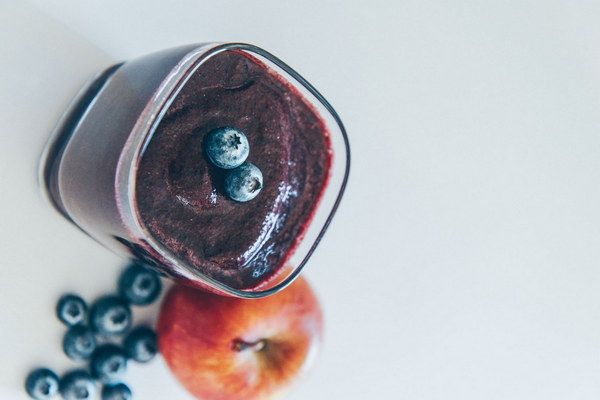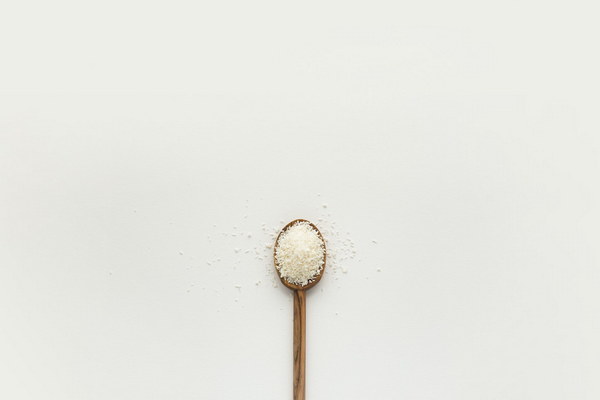Unlocking the Secrets Exploring the Family Anti-Aging Genes
In the ever-evolving world of science, the quest for the fountain of youth has been a lifelong pursuit. While we may not have found the mythical elixir, recent advancements in genetic research have provided us with valuable insights into the family anti-aging genes. These genes play a crucial role in determining our lifespan and susceptibility to age-related diseases. In this article, we will delve into the fascinating world of these genes and explore their impact on our health and longevity.

Firstly, it is essential to understand that aging is a complex process influenced by both genetic and environmental factors. While environmental factors such as diet, exercise, and lifestyle choices play a significant role, genetics also contribute a substantial portion to our aging process. Family anti-aging genes are those that help us live longer, healthier lives by protecting us against the adverse effects of aging.
One of the most well-known anti-aging genes is the Sirtuin family, which includes SIRT1, SIRT6, and SIRT7. These genes are activated by calorie restriction, exercise, and certain dietary compounds, thereby promoting longevity and reducing the risk of age-related diseases. Sirtuins have been found to regulate cellular processes such as DNA repair, inflammation, and metabolism, ultimately contributing to a longer and healthier life.
Another notable anti-aging gene is the FOXO family, which includes FOXO1, FOXO3, and FOXO4. FOXO genes play a vital role in regulating cellular stress responses, DNA repair, and metabolism. Studies have shown that activating these genes can lead to increased lifespan and a reduced risk of age-related diseases such as cancer, diabetes, and heart disease.
The APOE gene is also a crucial factor in determining our susceptibility to age-related diseases. The APOE gene encodes the apolipoprotein E, which plays a role in lipid metabolism and inflammation. There are three variants of the APOE gene: E2, E3, and E4. Individuals with the E2 variant have been found to have a reduced risk of Alzheimer's disease, a common age-related condition. On the other hand, individuals with the E4 variant are at a higher risk of developing the disease.
The KLOTHO gene is another intriguing anti-aging gene. KLOTHO is a protein that is involved in the signaling of insulin-like growth factor 1 (IGF-1). IGF-1 is a hormone that plays a role in cell growth, development, and repair. Studies have shown that increased levels of KLOTHO protein are associated with a reduced risk of age-related diseases, such as cardiovascular disease and neurodegenerative disorders.
The BCL2 gene is also essential in determining our lifespan. BCL2 encodes a protein that regulates cell death or apoptosis. Overexpression of BCL2 has been associated with increased longevity, while its downregulation can lead to age-related diseases such as cancer. Research has shown that activating the BCL2 gene can lead to increased lifespan and a reduced risk of age-related diseases.
In conclusion, the family anti-aging genes are a fascinating area of research that offers valuable insights into the aging process. By understanding these genes, scientists can develop new strategies to combat age-related diseases and promote longevity. While we may not yet have the ultimate solution to aging, the knowledge gained from studying these genes is a significant step towards unlocking the secrets of the fountain of youth.









